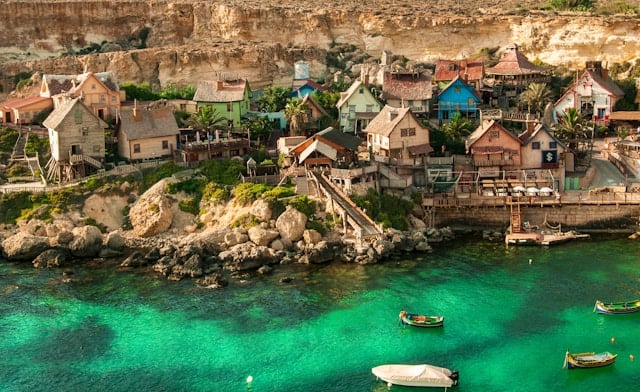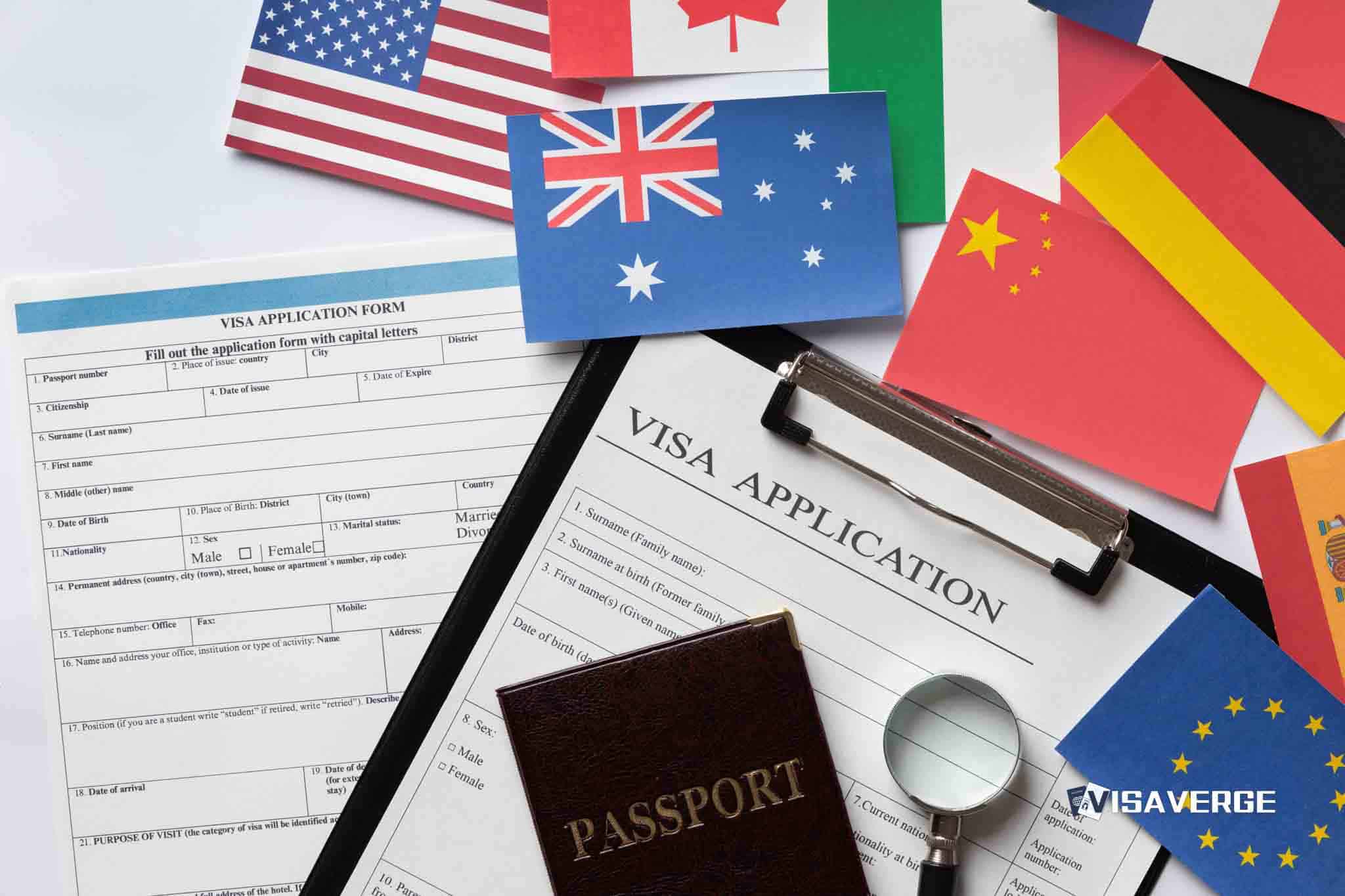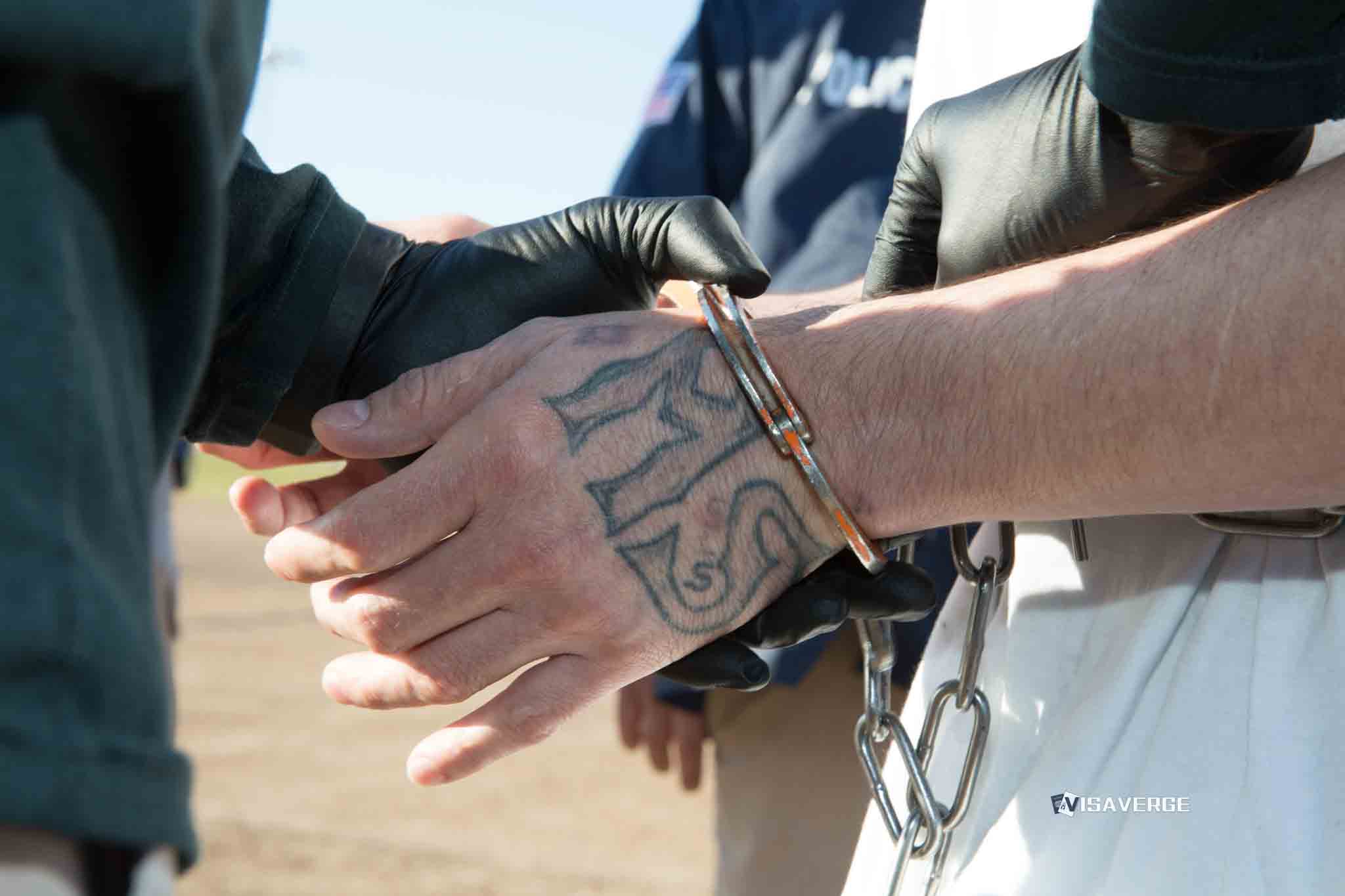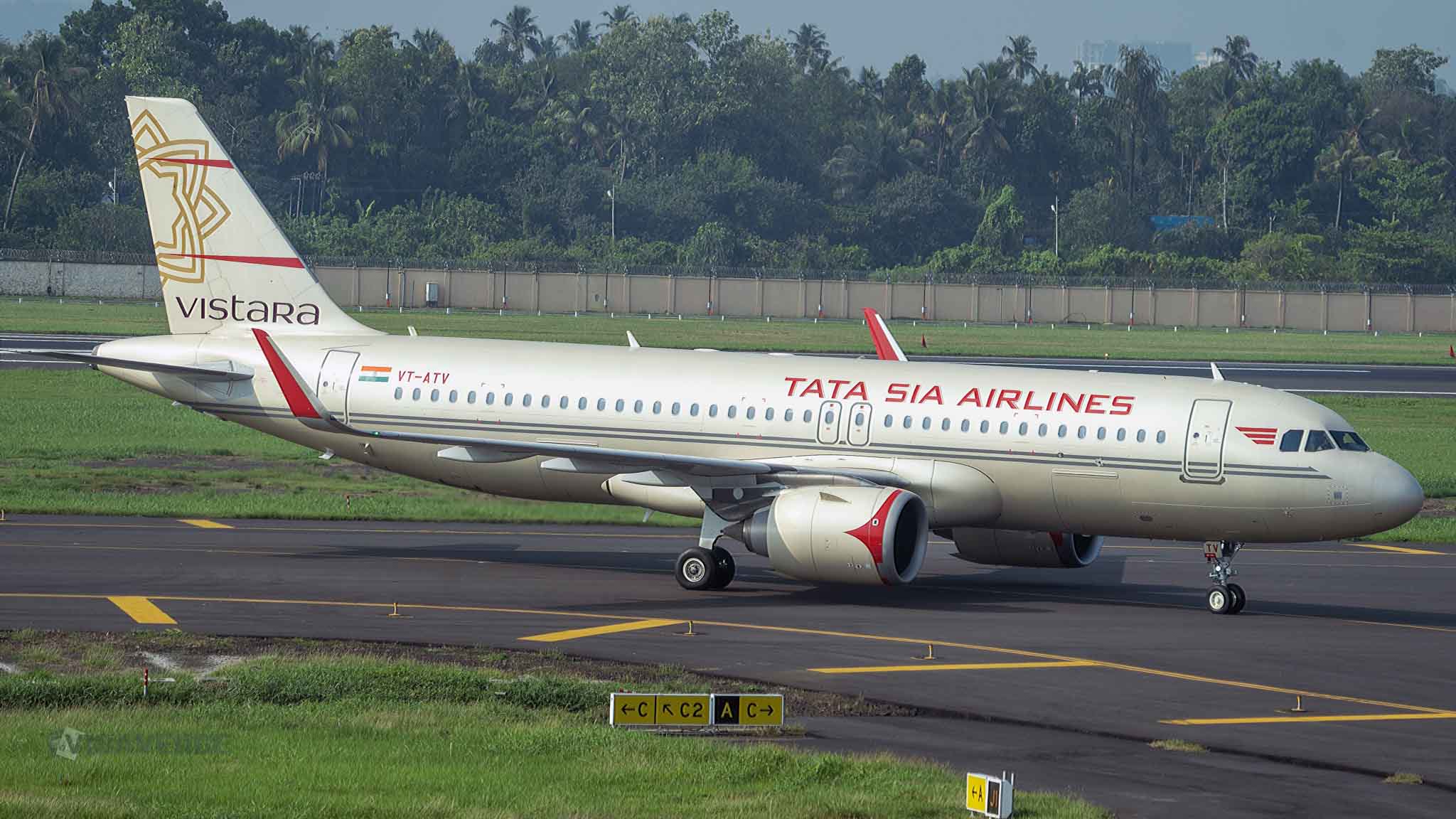(BOTSWANA) Botswana has entered the global race for so‑called “golden passports” with a new Citizenship by Investment scheme that will offer a Botswanan passport for a minimum $75,000 contribution, in what officials describe as a bid to draw fresh capital as diamond revenues weaken. Branded the Impact Investment Program, the initiative is set to open to applicants in early 2026 and is already drawing attention from investment migration firms and wealthy individuals worldwide.
Overview of the scheme

Under the plan, approved investors will gain Botswana citizenship in return for a contribution to a national development fund, making it the world’s most affordable open Citizenship by Investment program announced so far. The threshold undercuts past low‑cost leaders such as São Tomé and Príncipe, whose program starts at $90,000.
Some industry estimates suggest the total outlay in Botswana, including fees and due diligence, may edge closer to $90,000, but the core contribution remains $75,000.
The program was formally unveiled through a Memorandum of Understanding signed in New York on 26 September 2025, on the sidelines of the United Nations General Assembly. Botswana’s president, Duma Boko, inked the agreement with Arton Capital, a major player in the investment migration industry that has helped design similar schemes in other countries.
The government has tasked Arton with:
– running the official online application portal, and
– promoting the offer to global investors.
Eligibility, family inclusion and fees
Officials say the Impact Investment Program will be open to applicants of all nationalities, with no country bans announced so far. This gives it a broader reach than some rivals, such as Pakistan’s limited scheme, which is restricted to Commonwealth citizens.
Family inclusion:
– Spouses and children under 18 are expected to qualify for citizenship at additional cost.
– Industry briefings suggest fees of about $10,000 per spouse or minor child, and $5,000 for adult dependents, though final figures have not yet been published in law.
Quotas and exclusivity
To keep the scheme “exclusive,” authorities plan to use a quota system, capping the number of successful applications each year. While the exact cap has not been released, officials say the aim is to:
– avoid a rush that could overwhelm local systems, and
– prevent potential domestic backlash.
According to analysis by VisaVerge.com, quota‑based designs have become more common as governments react to criticism that golden passports are being “sold” too freely, especially in smaller states.
Economic context and rationale
Botswana’s move comes at a sensitive moment for its economy. For decades, the southern African country has been heavily dependent on diamond exports, built around a powerful partnership with De Beers. But global diamond prices have fallen by around 30% since 2022, reducing state revenues and exposing the risk of relying on a single commodity.
The government in Gaborone has repeatedly said that economic diversification is central to the national Vision 2036 strategy.
Intended use of funds
Funds raised from the Impact Investment Program are expected to be channeled into sectors policymakers view as engines of future growth, including:
– housing
– tourism
– renewable energy
– mining
– financial services
Officials argue that foreign capital and specialist skills can help create jobs for citizens. A senior finance ministry official said the goal was “not just to sell passports, but to bring in investors who will build something in Botswana over the long term.”
Dual citizenship and legal changes
Authorities have indicated that dual citizenship will be allowed for foreign investors under the program. New citizens would not need to give up their original nationality.
This marks a notable shift in a country where dual citizenship has traditionally been tightly restricted. Lawmakers are now working on changes to the legal framework to make the scheme possible.
Processing timeline and vetting
Processing speed:
– The government has signaled a target of around 60 days from the time a complete application is lodged to a final decision, once necessary law reforms come into force.
– Officials describe this timeline as “aspirational” and caution it could change as the scheme moves into day‑to‑day operation.
Security and due diligence:
– All applicants will face thorough background checks, with extra scrutiny for those from high‑risk sectors or jurisdictions.
– Due diligence costs, as well as legal and advisory fees, will be added on top of the core contribution; detailed fee schedules are still being drafted.
Strong vetting will be essential if Botswana wants to avoid criticism from the European Union and other blocs, which have previously expressed concern about golden passport programs.
Practical benefits for successful applicants
The practical benefits of a Botswanan passport are evolving but could increase over time. Current advantages include:
– visa‑free or visa‑on‑arrival access to a rising number of destinations, especially in Africa
– reputation for stable governance and transparent institutions
While Botswana’s travel privileges do not yet match those of long‑standing Caribbean programs, some investors may be attracted by the combination of affordability, political stability, and long‑term growth prospects in an emerging African market.
Domestic reaction and safeguards
Domestic reaction has been cautious but not openly hostile.
Supporters note:
– Botswana’s small population (around 2.5 million) and large tracts of underdeveloped land could absorb a modest number of wealthy newcomers.
– The potential for projects in renewable energy, eco‑tourism, or modern financial services.
Critics worry about symbolism and distributional impact. One civil society activist in Gaborone warned:
“If local people don’t see real benefits in schools, hospitals, and jobs, there could be a backlash.”
The government insists that strict oversight will apply. Officials point to Botswana’s existing legal framework for citizenship and immigration, overseen by agencies listed on the Government of Botswana portal, as the base on which the new program will be built. They stress the Impact Investment Program will operate within this framework and warn that investors who break local laws could face loss of status in serious cases.
Application portal and promotion
The official promotional website for the scheme, BotswanaCitizenship.com, is being developed by Arton Capital and is expected to go live ahead of the early 2026 launch window.
From the portal, prospective applicants will be able to:
– register interest,
– upload documents, and
– track progress online.
Final approvals will rest with Botswanan authorities. Investment migration firms are already preparing marketing campaigns that position Botswana as a cheaper, rules‑based alternative to some of the more controversial programs in Europe and the Caribbean.
The challenge ahead
As the countdown to launch continues, Botswana faces a delicate balancing act:
1. Convince wealthy foreigners that its Citizenship by Investment path is real, predictable, and worth their money.
2. Reassure citizens that their passport is not being given away too easily and that benefits will be visible in public services and jobs.
With diamond revenues under pressure and global competition for investors intensifying, the success or failure of the Impact Investment Program may quickly become a test case for how far Botswana is willing to go in reshaping its economic model.
Frequently Asked Questions
This Article in a Nutshell
Botswana’s Impact Investment Program will offer citizenship for a $75,000 minimum contribution, launching early 2026 with Arton Capital support. The move seeks new capital amid a 30% decline in diamond prices since 2022. Families may be included for additional fees; dual citizenship is permitted. Authorities plan quotas, thorough vetting, and an aspirational 60‑day processing target. Revenues are intended for housing, tourism, renewable energy, mining and financial services to drive Vision 2036 diversification.













